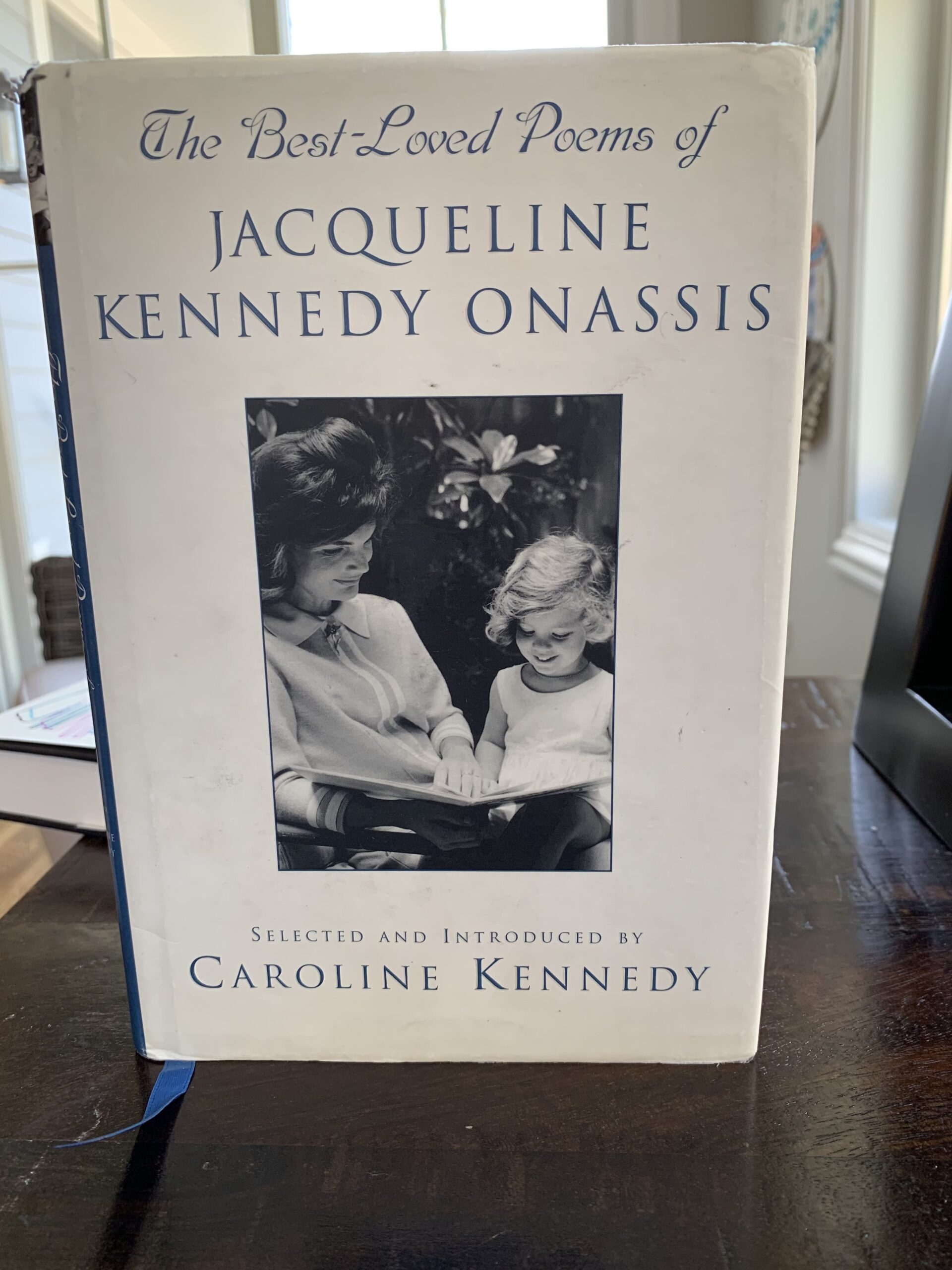
When my dad died in 2019, we were flooded with condolences on Facebook. But there was one thing that permeated so many of them: a few lines of poetry that well-wishers included from various poems they had memorized in Dad’s high school English class, while proudly emphasizing, “I can still recite these lines today, thanks to Mr. Cloud.”
My dad insisted that his students memorize poems together as a class. He’d say: “Repeat after me. ‘Margaret are you grieving over golden grove unleaving?’”
No doubt there was a little uneasiness at first among the self-conscious teenagers, but Dad had a way of getting every student in his classroom to participate.
Before long, they were standing on their chairs shouting: “Ride a wild horse/With purple wings striped yellow and black/Except his head which must be red!“
What Dad knew that his students didn’t was that there is an intangible beauty to committing lines of poetry to memory. More importantly, he gave them the gift of knowing something that could inspire and empower—that no one could take away.
Mastering a poem in Mr. Cloud’s class was the equivalent of having gained something larger than themselves.
Thanks to my dad, I fell in love with memorizing poetry. Around the breakfast table or driving on summer vacations in our Pontiac station-wagon, my siblings and I were also subjected to Dad’s version of “Repeat after me.”
I love how a poem lets you see the world through someone else’s experience.
How it addresses the unaddressable. How it soothes the soul. Makes you laugh. Makes you stop and say, “I could never articulate it that way, yet that’s exactly how I feel.”
I love how a memorized poem continues to make more sense every time you say it. It’s like having something in your back pocket that you can pull out at the ready. There’s something secretly delightful knowing it’s there.
I bet there are a lot of you who have a favorite poem and know one or two by heart. But I bet there are a few of you who think you can’t memorize a poem or that poetry is boring.
In honor of National Poetry Month, I challenge you to memorize one poem this April. I’ve shared some tips below.
If you do it, there’s a little bit of poetry magic just waiting to happen.
HOW TO MEMORIZE A POEM:
-
Read The Whole Poem Over and Over: Read the poem in its entirety several times. Don’t try to memorize it yet. Just read it out loud and to yourself at first. The more you can do this, the easier the actual memorization process is.
-
Chunk the poem into segments: If it’s already in stanzas, you can chunk the material that way. If not, group it in segments that make sense to you. Look for an idea that is expressed in a chunk of material.
-
Use Mnemonic Devices: I use lots of clues that help me remember the next word or line, like acronyms, alphabetical order, or my own made up memory aids. Take the first stanza of Emily Dickinson’s poem “Hope Is The Thing With Feathers”:
Hope is the thing with feathers
That perches in the soul,
And sings the tune without the words,
And never stops at all.
Right off the bat it’s easy to forget that it’s “THE thing with feathers” not “A thing with feathers.” You could remember the repeated “th” of the two words, “The thing.”
In the third line, how do you remember “tune” instead of saying “song,” which people often do. Here’s where you can apply alphabetic order—Q-R-S-T—“t” follows “s.” So it’s “sings the tune.”
Next you can see that both lines 3 and 4 start with the word “And.” Two “ands” in a row. More reminders.
And the key image of this first chunk? Look to the verbs—“perches” and “sings.” You can visualize a bird perching in a tree and singing.
When memorizing anything, there are lots of individualized ways to master it.
-
Choose Five Minutes a Day: If pressed for time, small daily practice sessions are more effective than once-a-week practice binges. I learned from the author Daniel Coyle that the reason practice “snacks” are more effective has to do with the way our brains grow—incrementally, a little each day, even as we sleep. Small daily practice sessions nourish this process.
-
Master A Chunk Before Moving On: Memorize one line until you’ve mastered it. Then add the next. Keep going back. Say line 1. Now say lines 1 and 2. Now say lines 1, 2, and 3. Etc. Master a segment then move on.
-
Master A Chunk Before Moving On: Memorize one line until you’ve mastered it. Then add the next. Keep going back. Say line 1. Now say lines 1 and 2. Now say lines 1, 2, and 3. Etc. Master a segment then move on.
-
Repeat It: Say it out loud or in your head lying in bed, driving, walking, etc. Repetition is key!
-
Keep At It: Memorization often gets a bad wrap. Yes, it’s hard and often boring. But because it’s hard, it feels like an accomplishment, like you can do hard things.
Leave a Reply